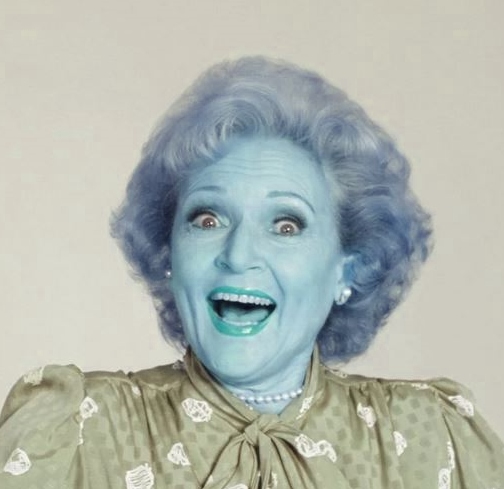“Inflation slowdown stalls” is a really weird way to say that monopolies are continuing to act like monopolies.
Are you suggesting that they acted differently last month or pre-inflation?
Everyone knows that macroeconomics is largely governed by how greedy the CEOs felt like being on a given day.
continuing
Maybe charge the CEOs with price gouging?
deleted by creator
I’d pay to watch em shot at a wall instead
Inflation (prices going up) slowdown (prices going up slower) stalls (“prices going up slower” is going slower)
Thank you. Ffs.
lol so they’re ‘protective’ measures didnt work. shocking
The Fed began increasing rates in January of 2022. Inflation peaked in June of 2022 at 9.1% and is now at 3.2%.
Are you proposing that this is a sheer coincidence, and that corporations simply decided to stop being greedy in July of last year? I would love to see your evidence of this.
If anything, one could say that this is a consequence not further raising rates at the last meeting.
You’re kinda both right.
(re: doppelgangmember) Interest rates are a pretty shit way to protect consumers.
(re: BraveSirZaphod) But inflation is influenced by them nonetheless. And raising them definitely helped with inflation. And they should’ve raised them way earlier, and probably not even dropped them so drastically in the first place – debt-fueled nonsense was already a feeding frenzy before COVID. Also you were kind of a jerk in your reply.
My own thoughts here: High prices are only half of the equation. The other half is low wages. Wages are finally coming back up, but they’re still far, far behind. And high interest rates can hurt consumers just as much as low interest rates do. When debt is cheap, large firms can speculate like crazy. When debt is expensive, cash on hand is more powerful.
As a result, if you don’t already own capital assets, you’re pretty much screwed either way. Both at the micro and macro level. Cuz you’re missing out on opportunities, and meanwhile the winners are gaining a bigger percentage of the market so their monopoly power grows and grows.
So yeah, pretty much any action the fed takes could reasonably be met with a scoff when they say it’s “to protect consumers”.
If you picture the fed as a shepherd, consumers as the sheep, and megafirms as the wolves, then lowering interest rates is kinda like breeding tons of sheep. The sheep do great for a moment, but they become a rich food source for the wolves, which overshadows the sheep’s growth. Then they raise interest rates, which is like slathering the sheep in poison. It harms the wolves, sure, but it’s not good for the sheep either.
Once upon a time, the government built fences to keep the wolves out. But then farmer Reagan told us that fences were bad for the sheep and everything would be fine if we just let nature take its course. What big teeth he had.
You seem to have an argument you want to present regardless of what the person you’re responding to said. They didn’t say it was greedy corporations, just that the Fed’s measures didn’t work.
And while the reduction from peak could be the Fed’s rates, there’s no reason to think it must be, as many of the proposed causes (supply chain disruptions, built up demand, pandemic stimulus) would all be expected to ease over time.
As for your chosen windmill, the studies pointing to price gouging suggest it’s related to a public expectation of prices increases allowing for gouging to piggyback on other causes for price increases. It’s not something the companies can just choose to do at a whim and only just now decided to be greedy, which means they might be pressured to reduce excess profit taking due to easing of any of the underlying factors or even just public sentiment.
All for raising rates, just increase the minimum wage.
Probably because they never properly identified who we needed protecting from.
GD assholes … Big Business, Wall St and the gov’t.
I don’t know how this is news, 3.2% is a pretty healthy number.
If we had 3.2% inflation in the month of July alone, I’d prefer not to see 45.9% inflation over the next year.
Edit: reading more comments (and still not the article) it looks like this is a rise from last July, so yearly. In which case yeah, it’s not 2%, but it’s not super alarming either.
For context that is higher then Federal Reserves target for a YEAR!
The 3.2% is July 2023 vs July 2022. From June 2023 to July 2023 was only 0.2%
Yeah it’s definitely a poorly written title for anyone not following this super closely.








